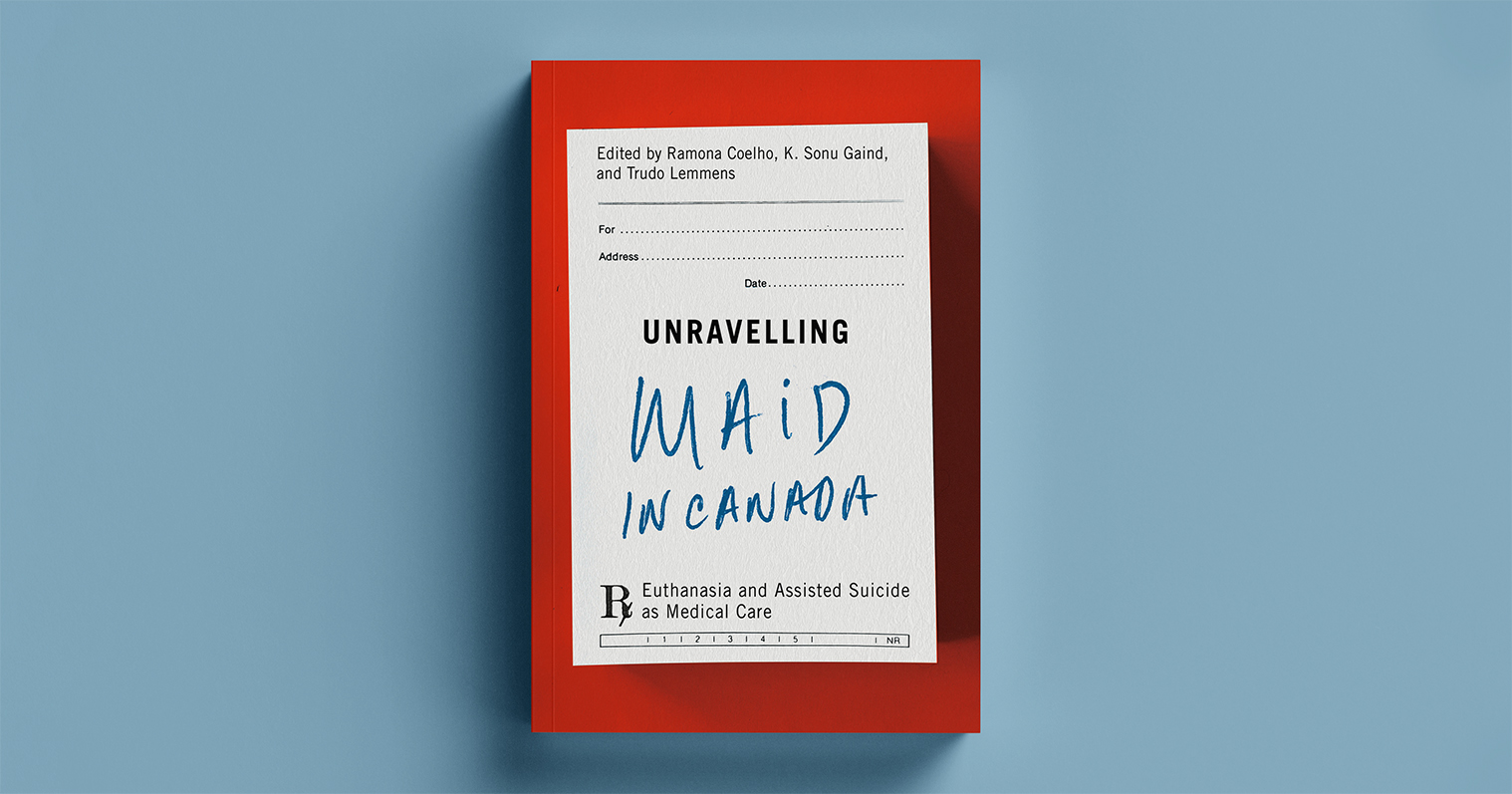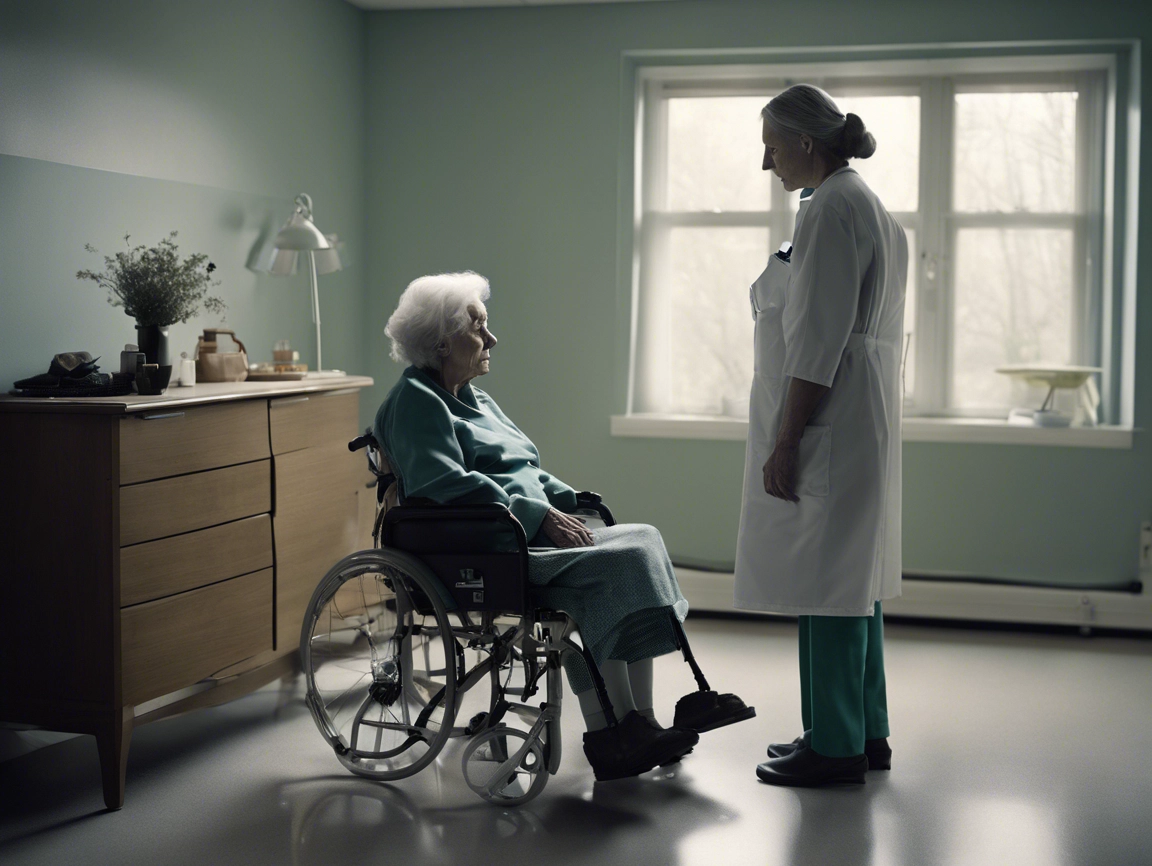Following the announcement by the Quebec College of Physicians of the September 10th publication of its first guide to euthanasia intended for doctors, the 29 palliative care centres in Quebec have announced that they will all avail themselves of the exemption provided in the law for their institutions, saying no to “medically assisted death”.
In their wake, the CHUM also stated that euthanasia will not be offered in its palliative care department. “Everyone was against it, it was unanimous. It was predictable given the briefs that were tabled in commission, “said Dr. Serge Daneault, who works in the service. The Parti Québécois MNA Véronique Hivon, spokesman of the official opposition for end of life care, expressed great surprise at the “block position taken, without nuance, by all of the 29 palliative care centres in Quebec”.
Indeed, as Bill 52 legalizing euthanasia is close to coming into effect, this global refusal reiterates the clear message formulated to the Government Parliamentary Committee in 2013: the institutions and the vast majority of physicians working in palliative care have always been opposed to any form of euthanasia.
A recent online survey for the members of the Canadian Medical Association also revealed that 63% of Canadian physicians would refuse to assist a patient in ending his life if he requested so. “Medical aid in dying, says Dr. Michel L’Heureux of La Maison Michel Sarrazin, is not part of our understanding of palliative care. (…) It is a paradox that the government moved forward while the experts in the field were saying not to do that. ”
This stance by medical staff caring for end of life patients thus revives the debate on euthanasia and confirms that we are far from having any consensus in favour of the administration of an intravenous lethal cocktail. In this sense, Living with Dignity and the Physicians’ Alliance against Euthanasia are joining their voice to those of palliative care providers to reaffirm that there is no need for euthanasia and that it would be even more damaging to the care of all to allow access to it in palliative care services.


